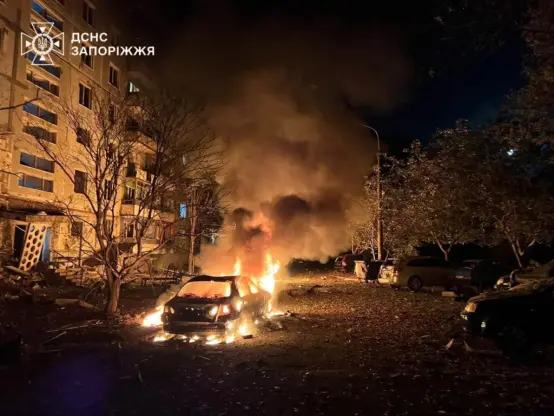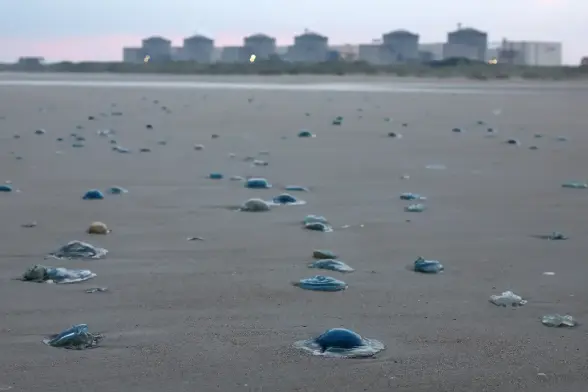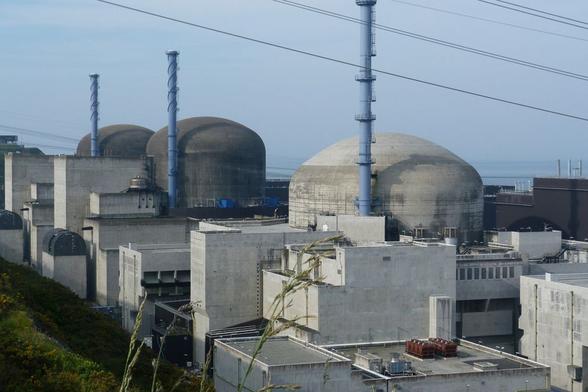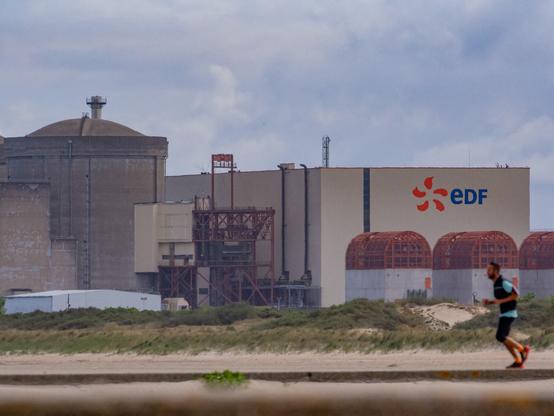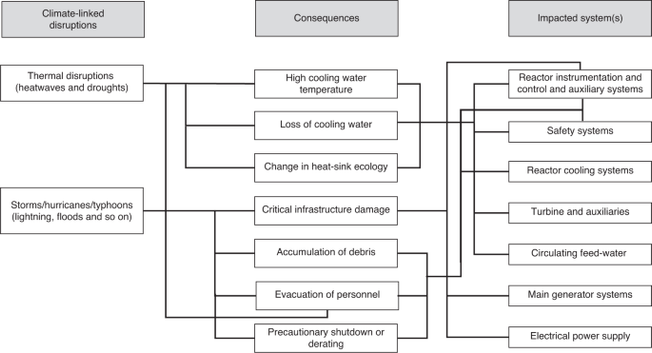HT @PariaSansPortefeuille
Invasion of #jellyfish, heat, water too hot: #GlobalWarming threatens the functioning of #NuclearPowerPlants
Several reactors are regularly forced to stop to protect river #biodiversity. While cuts in periods of high heat still have a very limited impact on supply, electrification of uses and #ClimateChange could make a difference.
Marie Toulgoat , Published 11 August 2025
"When nature paralyses the French nuclear park. Four units of the Gravelines nuclear power plant (northern) are at a standstill on Monday 11 August due to the 'mass and unforeseeable presence of jellyfish; at the water pumping stations used for the cooling of the reactors, EDF announced.
"These automatic stops of units 2, 3, 4 and 6 'have had no consequences on the safety of the installations, the safety of personnel or on the environment', #EDF assures on its site. The plant is thus temporarily completely shut down, as its other two production units 1 and 5 are currently under maintenance.
"On Sunday, 29 June, no steam volutes escaped from the chimneys of the Gulf nuclear power plant (Tarn-et-Garonne). Due to the intense #HeatWave in #France, the reactor in operation at the site was shut down. In the middle of the summer of 2024, the nuclear power plant had already been forced to reduce its production."
Read more (en Français):
https://www.humanite.fr/environnement/canicule/meduses-canicule-eau-trop-chaude-quand-le-rechauffement-climatique-menace-le-fonctionnement-des-centrales-nucleaires
Archived version (en Français):
https://archive.ph/zNGD2
#NoNukes #NoNukesForAI #NuclearPowerNoThanks #NuclearWasteIsForever #NuclearPowerPlants
#NuclearPowerNoThanks
#NuclearPlants #Heatwaves
#ExtremeHeat #RenewablesNow #RenewableEnergy #RethinkNotRestart
#NoNukes #NoNukesForAI #Atomkraft #AtomkraftNeinDanke #LeNucléaireNonMerci
